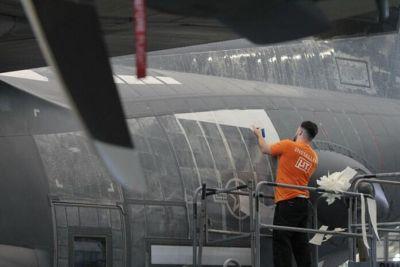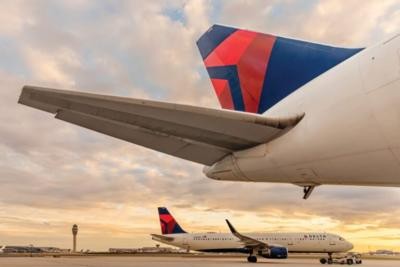Thu, Apr 17, 2025
Advertisement
More News
 NTSB Prelim: Piper PA-23
NTSB Prelim: Piper PA-23
Pilot Also Reported That Due To A Fuel Leak, The Auxiliary Fuel Tanks Were Not Used On June 4, 2025, at 13:41 eastern daylight time, a Piper PA-23, N2109P, was substantially damage>[...]
 ANN FAQ: Submit a News Story!
ANN FAQ: Submit a News Story!
Have A Story That NEEDS To Be Featured On Aero-News? Here’s How To Submit A Story To Our Team Some of the greatest new stories ANN has ever covered have been submitted by our>[...]
 Classic Aero-TV: One Mans Vietnam
Classic Aero-TV: One Mans Vietnam
From 2023 (YouTube Edition): Reflections on War’s Collective Lessons and Cyclical Nature The exigencies of war ought be colorblind. Inane social-constructs the likes of racis>[...]
 ANN's Daily Aero-Linx (07.03.25)
ANN's Daily Aero-Linx (07.03.25)
Aero Linx: Colorado Pilots Association (CPA) Colorado Pilots Association was incorporated as a Colorado Nonprofit Corporation in 1972. It is a statewide organization with over 700 >[...]
 ANN's Daily Aero-Term (07.03.25): High Speed Taxiway
ANN's Daily Aero-Term (07.03.25): High Speed Taxiway
High Speed Taxiway A long radius taxiway designed and provided with lighting or marking to define the path of aircraft, traveling at high speed (up to 60 knots), from the runway ce>[...]
blog comments powered by Disqus





